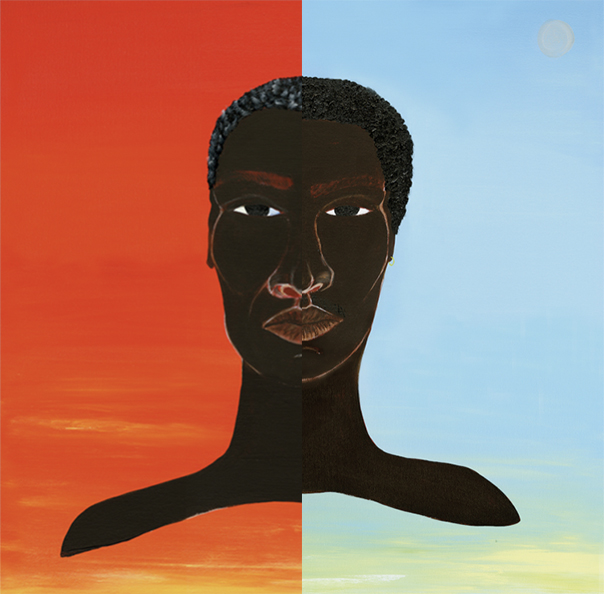REVIEW: Fela Kuti lives on with 2-LP tribute by Femi Kuti and Made Kuti

L: Femi Kuti, ‘Stop The Hate.’ R: Made Kuti, ‘For(e)ward.’
Fela Kuti was a force of nature. The Nigerian percussionist blended potent anti-colonial political messages with endlessly groovy drum rhythms into a genre known as Afrobeat. In the process, he influenced everyone from early hip-hip DJ Afrika Bambaataa to psych/garage outfit Osees. Kuti died in 1997 at 58, and since then much of his legacy has been preserved in the work of his son Femi Kuti. Legacy + is a double album that captures two successive generations of Fela’s musical legacy with an album from Femi Kuti and a second from Femi’s son (Fela’s grandson) Made Kuti.
Legacy +
Femi Kuti and Made Kuti
Partisan, Feb. 5
9/10
Together the two albums capture Fela’s incredible musical legacy and present two sets of songs created to motivate political activism and positive societal change.“Pà Pá Pà,” the opening song on Femi Kuti’s disc, Stop the Hate, rails against apathetic and corrupt politicians. Over intricate high-hat work and lusciously funky bass groove, Femi’s warnings feel especially relevant after the last four years. “When government waste our time/ Government waste our life/ Brothers and sisters,” he sings. Electric piano and swinging drums undergird “As We Struggle Everyday,” which features Femi along with a choir of voices and wailing saxophone.
Different genres blend together in a delicious musical stew. Funky and scratchy James Brown guitar parts ride over vaguely samba-sounding rhythms. Blasts of reggae-inspired horns punctuate an intricately syncopated jazz beat on “Stop the Land Grab.” Sophisticated, interlocking patterns of organ, guitar and bass riffs operate like set of gears generating propulsive grooves from its constituent parts.
Femi Kuti tackles the problems of oligarchy and government corruption that have been endemic in Africa for decades, but have begun to play an increasingly problematic role in Western politics of late (for those keeping score at home, this is known in some circles as “the chickens coming home to roost”). Perhaps the most relevant tune on Femi’s album is “Na Bigmanism Spoil Government,” which decries the abuses of authoritarian dictators over spicy electric piano and a horn arrangement that calls to mind the main character in “Rocky” triumphantly climbing those marble stairs in Philadelphia. But we also need to remember Femi’s later admonition on the album, the song “You Can’t Fight Corruption With Corruption.” The songs have so much energy that they feel like calls to action rather than idle complaints.
While much of Femi Kuti’s music harkens back to his father’s, Made Kuti’s half of Legacy + updates his grandfather’s legacy by integrating more hip-hop and R&B elements. Made Kuti also plays every instrument on this impressive introduction to his musical talent. Made grew up playing in his father’s band, and this musical immersion is obvious in the effortless grooves he establishes on his half of the two-album set, titled For(e)ward.
On “Free Your Mind,” Made Kuti takes horns that might sound more at home in a salsa band and melds them with a hypnotic groove composed of a nimble bass line and a bubbling medley of percussion instruments. “Hymn” features a children’s choir over the gentle plunks of mbiras, a plucked instrument from Zimbabwe, on one the album’s sparser songs. “Your Enemy” places twisting Manouche jazz guitar over a huge bed of various African percussion instruments. Made Kuti’s voice is slightly deeper and sounds a little more westernized than Femi’s, but both albums are focused like laser beams on social problems and motivating listeners to become activists by getting them dancing.
Fela Kuti’s musical shadow still looms large over African music, and is playing an increasingly influential role in Western music as a new generation of musicians discover his incredible music. Legacy + preserves that legacy while stretching it in new directions. Fela’s descendants, it seems, are as ceaseless in their musical exploration and evolution as their progenitor. And for both old fans and new discoverers, this is a very, very good thing.
Follow writer David Gill at Twitter.com/songotaku and Instagram/songotaku.
